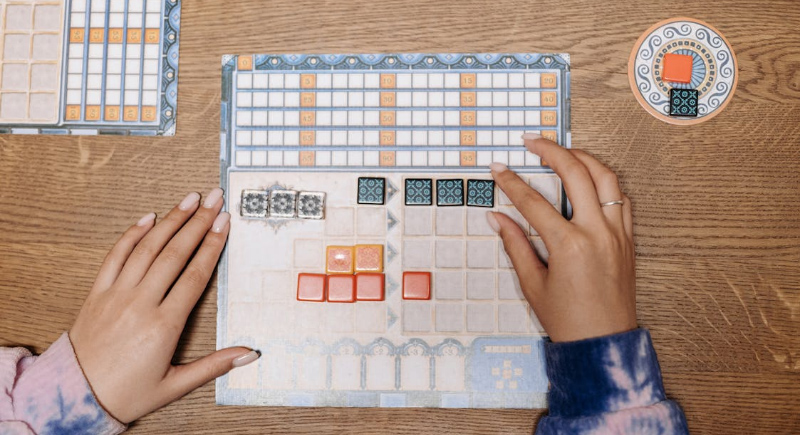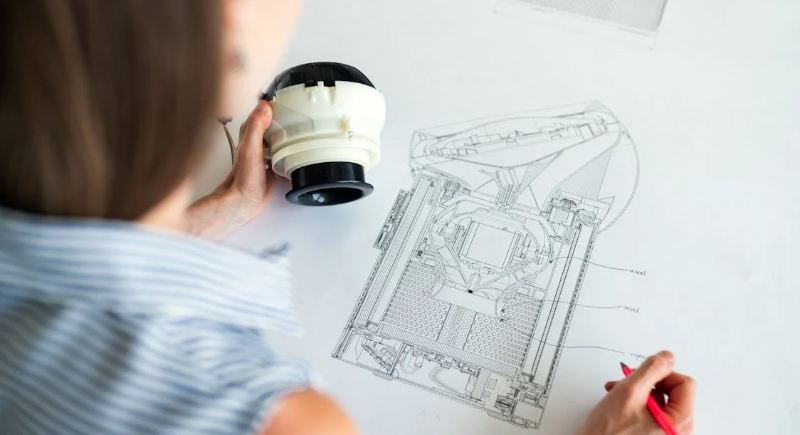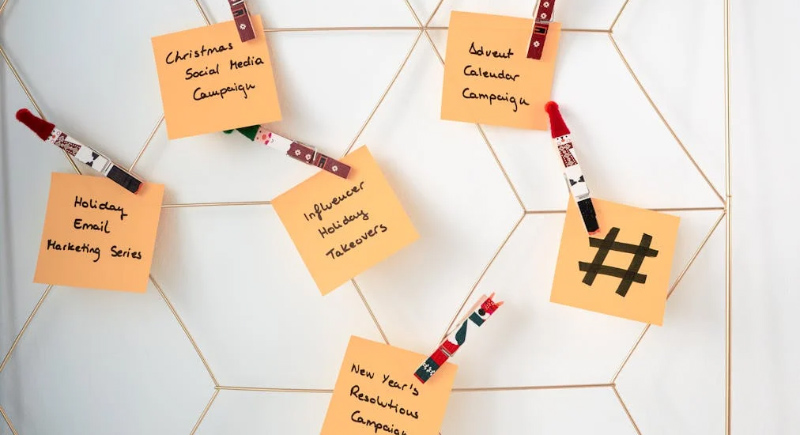Practical Ways to Improving Your Memory Every Day
We’ve all had those moments where we’ve had misplaced keys, forgotten someone’s name, or drawn a blank on why we walked into a room. It’s frustrating, right? The truth is that memory isn’t just about age or genetics. It depends a lot on the habits we build every day. The good part? We can still fix it and improve our memory.
With a little effort, you can strengthen your recall and keep your mind sharp. This guide discusses the top most practical and straightforward ways to help improve your memory, starting now.
Exercise Regularly

Credit: pexels
Staying active improves blood flow to your brain, which in turn helps it stay healthy and sharp. Activities like walking or cycling promote the growth of new brain cells, enhancing memory retention. Even 20–30 minutes of movement each day can improve your ability to focus and recall details.
Focus on Brain-Friendly Foods

Credit: pixabay
We kid you not, the right food can make all the difference in how that brain works! Consume nutrient-rich foods like blueberries, walnuts, and salmon, and give your memory a boost. These ingredients support brain health by reducing inflammation and protecting against cognitive decline.
Get Consistent Sleep

Credit: pexels
Sleep helps your brain process and store information. Aim for 7–9 hours each night, and stick to a regular schedule. Quality rest allows your brain to consolidate memories, making it easier to recall names, dates, and important tasks the next day.
Practice Mindful Breathing

Credit: pexels
Mindfulness techniques like deep breathing calm your mind and reduce stress. Less stress means fewer distractions, which helps you focus better on what you want to remember. Set aside five minutes a day to breathe deeply and give your brain some much-needed clarity.
Repeat and Reinforce the Information

Credit: pixabay
Repetition strengthens your memory. And practicing it is as simple as repeating a name out loud or reviewing a key detail multiple times. This habit helps your brain encode information more effectively. Spread out your reviews to give yourself time to absorb the material.
Break Tasks into Smaller Steps

Credit: pexels
Your brain handles smaller chunks of information more effectively than long lists. Organize tasks or details into manageable groups. For example, when preparing a grocery list, group similar items together. This method helps you remember them with less effort.
Play Games That Challenge You

Credit: pexels
Engage your brain with puzzles, memory games, or crosswords. These activities stimulate the mind and encourage faster recall over time. Regularly challenging yourself keeps your cognitive skills sharp and your memory functioning at its peak.
Stick to Daily Routines

Credit: pexels
Consistency builds strong habits. For example, placing your car keys in the same spot every day or following a morning routine trains your brain to remember these patterns automatically. These small yet consistent actions make life easier and reduce forgetfulness.
Learn a New Skill

Credit: pexels
Tackling something unfamiliar, like cooking a new dish or trying a musical instrument, strengthens neural connections. Learning fresh skills challenges your brain to think creatively and enhances your ability to absorb and retain knowledge.
Write It Down

Credit: pixabay
Putting information on paper helps you remember it better. You could jot down notes during a meeting or create to-do lists. The act of writing reinforces your memory. It’s a simple but effective way to stay organized and recall important details.
Stop Multitasking if It Doesn’t Help

Credit: pexels
Sure, some people do better while multitasking, but if you’ve found yourself struggling with it, try and focus on one thing at a time. Focusing on one task helps you remember more effectively. Dividing your attention weakens your ability to retain information. Slow down, complete one thing, and then move on.
Teach What You’ve Learned

Credit: iStockphoto
Sharing knowledge with others solidifies what you already know. When you explain something to a friend or family member, you organize your thoughts and create stronger memory pathways. It’s a practical way to emphasize learning while helping others.
Use Creative Mnemonics

Credit: pexels
Use shortcuts to remember tricky details. Turn lists into acronyms, like “HOMES” for the Great Lakes, or make rhymes to recall dates. Mnemonics turn complex information into something more engaging and easier to store in your brain.
Reduce Distractions

Credit: pexels
Find a quiet space to work or study, free from interruptions. Eliminating noise and clutter lets your brain focus fully on the task at hand. With fewer distractions, you can absorb and retain information more effectively.
Set Up Useful Reminders

Credit: pexels
Set yourself up for success by using tools like sticky notes, phone alarms, or calendar reminders. These simple aids act as your backup memory, keeping important tasks and events front and center. Place sticky notes on your fridge, computer, or bathroom mirror for quick access.
Visualize What You Want to Remember

Credit: iStockphoto
When you need to remember details, such as a name or an appointment, pause and vividly picture them. Creating a mental image activates the brain’s visual processing areas, making recall easier later. Research shows that visualization strengthens both short-term and long-term memory, turning abstract information into something your mind can quickly retrieve.
Limit Screen Time Before Bed

Credit: Canva
Using phones or tablets before sleep can disrupt memory formation by interfering with melatonin production and sleep cycles. Blue light exposure affects the brain’s ability to consolidate new information. Aim to power down at least an hour before bed to support deeper rest and stronger memory retention overnight.